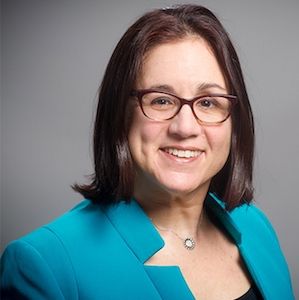Video
Valentina Baez-Sosa, MD: New Data on Alloimmunization in Patients with SCD
Author(s):
Baez-Sosa explains why further investigation of alloimmunization in patients with sickle cell disease is crucial.
Valentina Baez-Sosa, MD, Chief Hematology-Oncology Fellow at MedStar Washington Hospital Center, discussed the findings of her study, "Impact of Alloimmunization in Patients with Sickle Cell Disease" in an interview with HCPLive®.
The new data show a higher prevalence of alloimmunization in patients with sickle cell disease (SCD)(25.5%) than in the previous literature (7- 59%) and the general population (2%).
An increase in alloimmunization was associated with an increased number of exchanges but not with simple transfusions. Independent from iron overload, alloimmunization was also associated with increased end organ damage.
The benefits of red blood cell transfusion therapy are prominent among the sickle cell disease population. Baez-Sosa explained that it can increase the oxygen saturation levels of a patient by 1-6%, allowing more oxygen delivery to the tissue.
"However," she said, "transfusion therapy can lead to the development of antibodies to the donor's red cell antigens, or alloimmunization. And this has serious complications including the delay hemolytic transfusion reaction, hyper hemolysis, and worsening vaso-occlusive episodes (VOE), and even life threatening anemia."
"So, patients with sickle cell disease are among one of the most frequently alloimmunized transfused population," Baez-Sosa continued, "probably because of the polymorphism difference in immunogenic, red blood cell antigens between the predominantly white general blood donors and patients of predominantly African descent."
In preparation for this study, Baez-Sosa said her team found only a few case series that showed a proposed pathway involving red blood cell alloimmunization and decreased survival in patients with sickle cell disease.
"Putting the long term consequences of iron overload aside," she said, "there is no long term data regarding the clinical consequences, multiorgan damage, and increased mortality in sickle cell patients comparing alloimmunized to non-alloimmunized."
With results indicating a higher prevalence of alloimmunization among these patients, the complications associated with alloimmunization and sickle cell disease become more prevalent as well.
"And that is why we believe that strategies to decrease alloimmunization are needed to prevent these complications," Baez-Sosa said.





